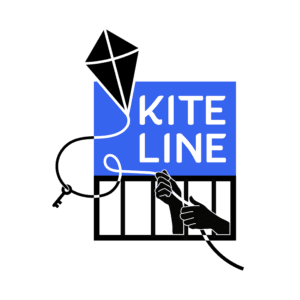In this interview, Elizabeth Hinton sketches the relationship between the civil rights movement, urban uprisings and the beginning of the “War on Crime,” with a focus on the Harlem Riot of 1964, and the 1965 Watts Rebellion, which was triggered by police brutality and became a key law-and-order talking point. She then moves through a range of problems within the Black Power movement, focusing on overlooked experiences in the Dodge Revolutionary Union Movement in Detroit and Huey Newton’s later reflections on the Black Panthers. She also focuses attention on the FBI Counter Intelligence Program or COINTELPRO, and its role in breaking down Black Power organizations by spreading fear and conflicts inside and between them, as for example in the conflict between the Panthers and United Slaves Organization, or US.
In this interview, Hinton starts off by telling us about the Harlem Riot of 1964, which was a key starting point for other waves of disruption throughout the 1960s, including the Watts Rebellion.
She continues to research the linkages between state counterinsurgency programs and the maintenance of mass incarceration. Hinton released her celebrated history, “From the War on Poverty to the War on Crime,” two years ago. You can hear her in-depth talk about this book in previous Kite Line episodes by following her tag link below.
